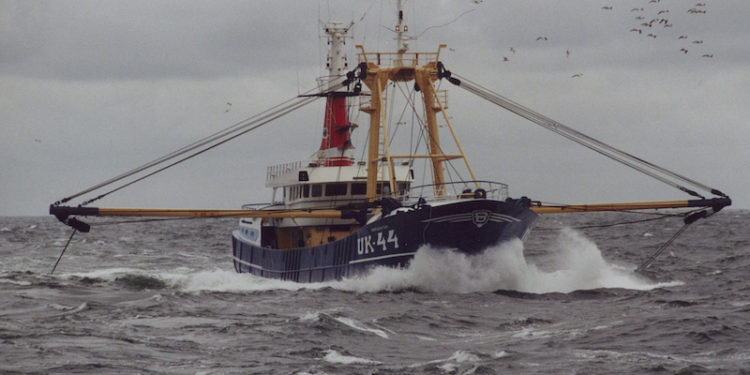According to Europêche, ministers adopted a better-balanced Regulation in light of the socio-economic data provided by Member States at this year’s December Council following a highly conservationist set of proposals for 2018. Some stocks are subject to top-ups to adapt to the forthcoming landing obligation, but this does not solve the problems of choke species in mixed fisheries.
Fishermen all over Europe face a high level of uncertainty as a result of the discard ban, Europêche states.
The ambitious agreement will increase the number of stocks fished at Maximum Sustainable Yield (MSY) levels to 53 next year, compared to only five in 2009.
The new text also introduces strong measures intended to improve the state of seabass and eel stocks.
‘The results achieved reflect the positive trends for many fish stocks thanks to the numerous efforts made by our fishermen during the last decade,’ said Europêche President Javier Garat.
‘We welcome that these sacrifices are paying off; in fact, two-thirds of the fish stocks will be already exploited at the maximum levels of sustainability for next year. In view of this good progress and the industry commitment to do things right, the EC should not rush towards achieving MSY levels in the short-term at any cost when the CFP clearly provides a flexible timeline to achieve this objective by 2020 without compromising the survival of the EU Fishing fleets.’
The Council decision sets strict catch limitations for fish stocks in the Atlantic and the North Sea with the objective to achieve MSY levels by 2018 where possible, and by 2020 at the latest.
According to Europêche, the fishing industry cannot agree more with this approach since whenever the MSY target can be achieved by 2020, the catch limits should not be reduced.
‘This avoids important economic losses for companies while allowing to make good progress towards sustainable fish stocks and viable fishing opportunities for the industry within the legal time-frame set in the CFP.’
‘The EU must contribute to a fair standard of living for those who depend on fishing activities,’ Javier Garat added.
‘In this context, we are appalled and fail to understand why the EU agreed on adopting such dramatic measures against the eel fisheries; even more when no impact assessment on the socio-economic consequences of such a proposal has been carried out. Such a way of acting has a dramatic impact on fishermen heavily dependent on the eel fishery in general and especially on small scale coastal fishermen.’









